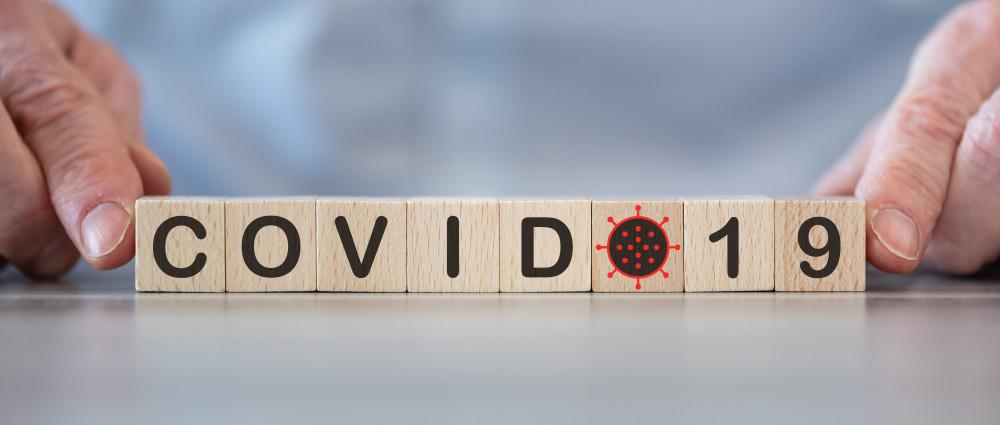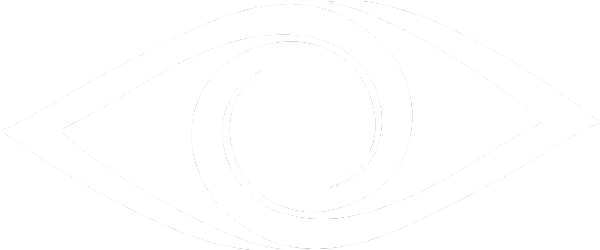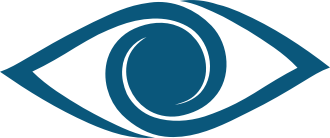
While news about COVID-19 changes from week to week, we know that primary transmission of the virus is from face-to-face interaction with an infected person. Droplets from a cough or speaking can pass from their mouth to your face.
It’s well known that these viral-loaded droplets can be inhaled through your nose or mouth. However, not everyone knows that the droplets can also land in your eyes and potentially cause an infection. COVID-19 may also be transmitted from touching an infected surface and then touching your eye. Transmission through your eyes is low, but there are not enough studies to understand the full scope of risk.
Here’s what else you should know regarding your eyes and COVID-19.
Pinkeye and COVID-19
Pinkeye, also known as conjunctivitis, may be a sign of COVID-19. Not all pinkeye cases are because of COVID-19, but if you do have a case of this common eye infection, be diligent about washing your hands and trying not to touch your eye. Call your doctor immediately and explain your symptoms.
Contact lens wearers should consider switching to glasses
Contact lenses don’t cause COVID-19, but contact wearers tend to touch their eyes more than the general population. Contact lenses can also lead to irritation, causing the wearer to rub and touch their eyes. If possible, contact wearers should consider wearing glasses until COVID-19 risks are reduced. Additionally, glasses may add another layer of protection from droplets of COVID-19 and also reduce eye touching and rubbing.
Always practice good hand washing hygiene, whether you keep your contacts or switch to glasses. Wash your hands before putting your contacts in and rewash them afterward. Try to avoid rubbing your eyes.
What the Beverly Hills Institute of Ophthalmology is doing to protect their patients
Our clinic is opened, but we’ve modified our policies to ensure our clients’ and staff’s safety. Some of the measures we’ve taken are to limit visits, offer telemedicine, and make all our intake forms available online.
We request that all patients wear masks and bring only essential family members or friends to your visit. We always provide a sanitized sterile environment, but we’ve stepped up our disinfectant and sterilization practices. Our staff is equipped with personal protection equipment, and the exam lanes were fitted with safety shields to minimize direct contact with the patients.
Still, have more questions regarding your eye health and COVID-19? Call the Beverly Hills Institute of Ophthalmology or email us to get your questions answered or to make an appointment.

